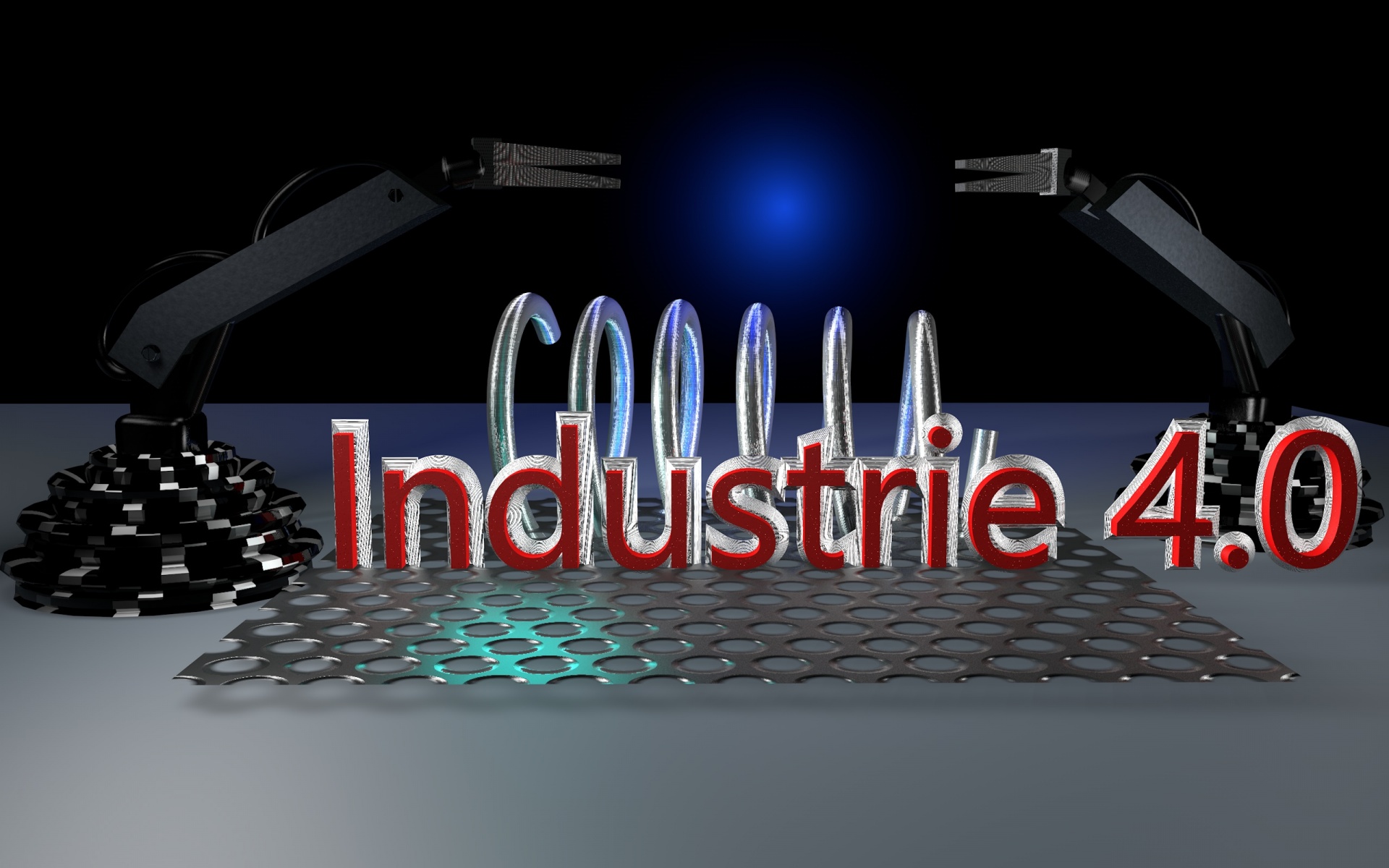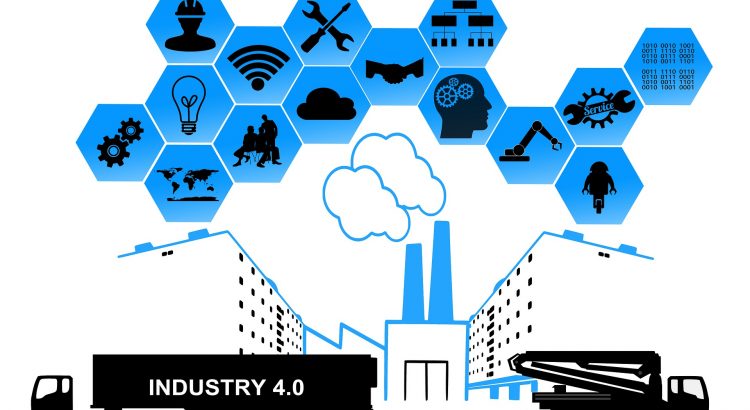Industry has developed through a number of phases. Starting with the industrial revolution and the power of steam, it progressed through its second era with the advent of the production line and its third with the introduction of computers and automation.
We are now entering the fourth era of industry, which brings together computers, robotics and machine learning to create ‘smart’ factories that can operate with minimal human intervention, but what exactly is industry 4.0?
What makes a smart factory?
What is it that makes a factory smart? The primary thing is interoperation. This means that all the machines and sensors can ‘talk’ to each other, enabling the plant to operate as an integrated whole.
This information is used to create a virtual copy of the physical world to enable individual actions to be seen in context; in turn, this allows for a degree of autonomous decision making whereby systems can handle simple issues on their own without the need for physical intervention. Finally, industry 4.0 can enable automation to carry out tasks that would be dangerous or difficult for humans to complete.
Adapting to industry 4.0

As with any new technology, business need to adapt to make effective use of industry 4.0. The technology can maintain the smooth running of production, ensuring that machines applying metal bonding adhesive, for example, do not run out of material and can automatically reorder from a supplier. This can help to avoid outages in the production process; where a stoppage is essential, it can be planned to cause minimal disruption.
There are concerns, of course. A higher degree of automation is likely to lead to a loss of low-skilled jobs. Conversely, the skills needed to design and maintain automated systems are set to be in short supply.
The nature of interconnected systems also makes them vulnerable to hacking and cyberattacks. Information security therefore becomes a problem not only for the IT department but also for the entire organisation. It is important for this to be recognised by management.
Industry 4.0 is still in its early stages, but the pace of adoption can only increase. Businesses that do not adopt and adapt to the new technology therefore risk seeing themselves left behind and losing out to their more agile competitors.




